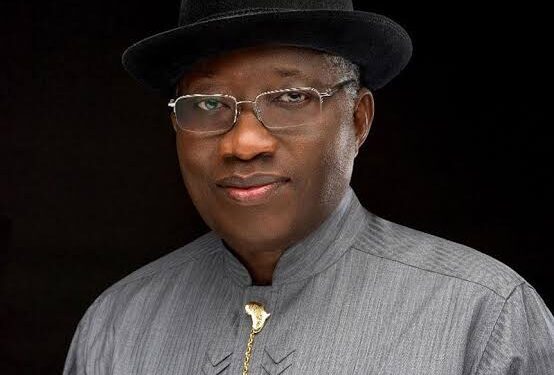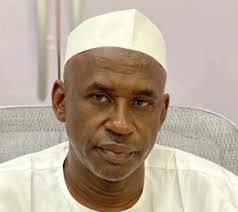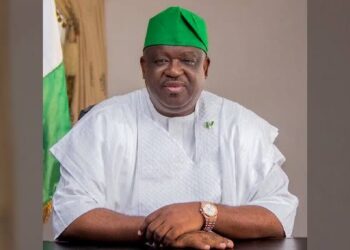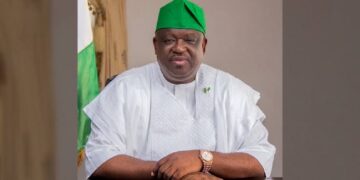In recent times, there has been increasing speculation and discussion about former President Goodluck Jonathan potentially making a bid for the presidency in the 2027 elections. This speculation has largely been fueled by a number of influential political figures from Northern Nigeria who are reportedly dissatisfied with the current administration led by President Bola Tinubu.
These Northern political elites believe that the present government’s policies have exacerbated the economic difficulties facing the nation, and they see Jonathan as a viable alternative who could potentially offer solutions and improvements.
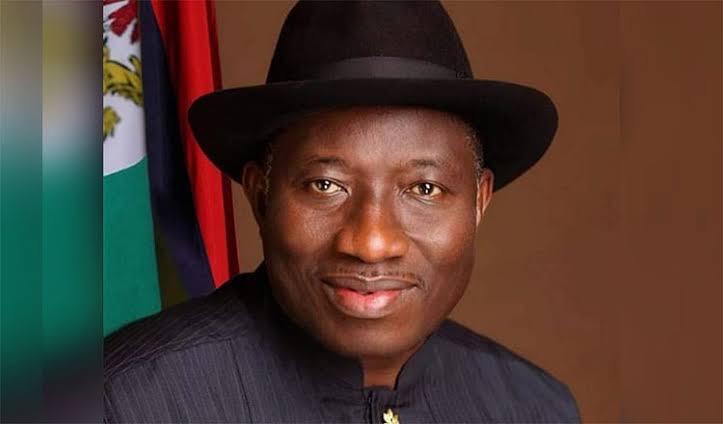
Despite this growing pressure and the support from these political figures, Jonathan faces a significant constitutional obstacle that effectively bars him from running for the presidency again. This obstacle is the result of a constitutional amendment that was enacted in 2018.
The amendment, formally known as the Constitution Amendment Act Number 16, was signed into law by then-President Muhammadu Buhari. The primary aim of this amendment was to address and restrict the eligibility of individuals seeking to return to high political offices under specific circumstances.
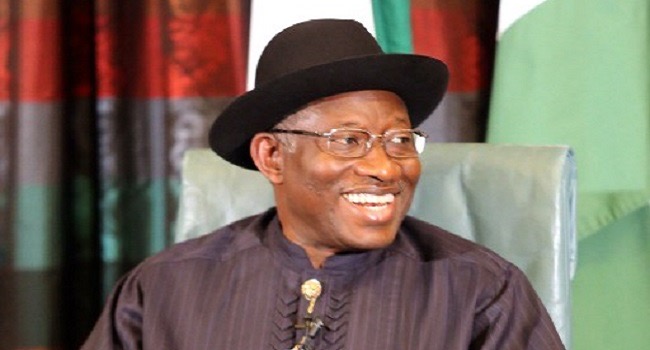
The constitutional amendment stipulates that anyone who has served as either Vice President or Deputy Governor and has subsequently succeeded their principal into the presidency or governorship is limited to only one additional term in that office. This provision is designed to prevent individuals from seeking multiple terms in the same high office once they have already served in it more than once. Essentially, it aims to limit the potential for prolonged political dominance and ensure a rotation of leadership.
Goodluck Jonathan’s situation is directly affected by this amendment. Jonathan first came to the presidency by completing the term of the late President Umaru Musa Yar’Adua and then won the 2011 presidential election. He ran for re-election in 2015 but was defeated by Muhammadu Buhari. Given this background, Jonathan’s prior service in the presidency and the specific terms of the 2018 constitutional amendment mean that he is ineligible to contest the presidency again.
Even though there are calls from Northern leaders for Jonathan to consider a run, the legal and constitutional barriers make such a bid impossible under the current laws. This development underscores the complexities of Nigeria’s political landscape and the challenges involved in navigating its legal frameworks. As the 2027 elections approach, the conversation around potential candidates will likely continue, but Jonathan’s candidacy is, for now, barred by constitutional constraints.


